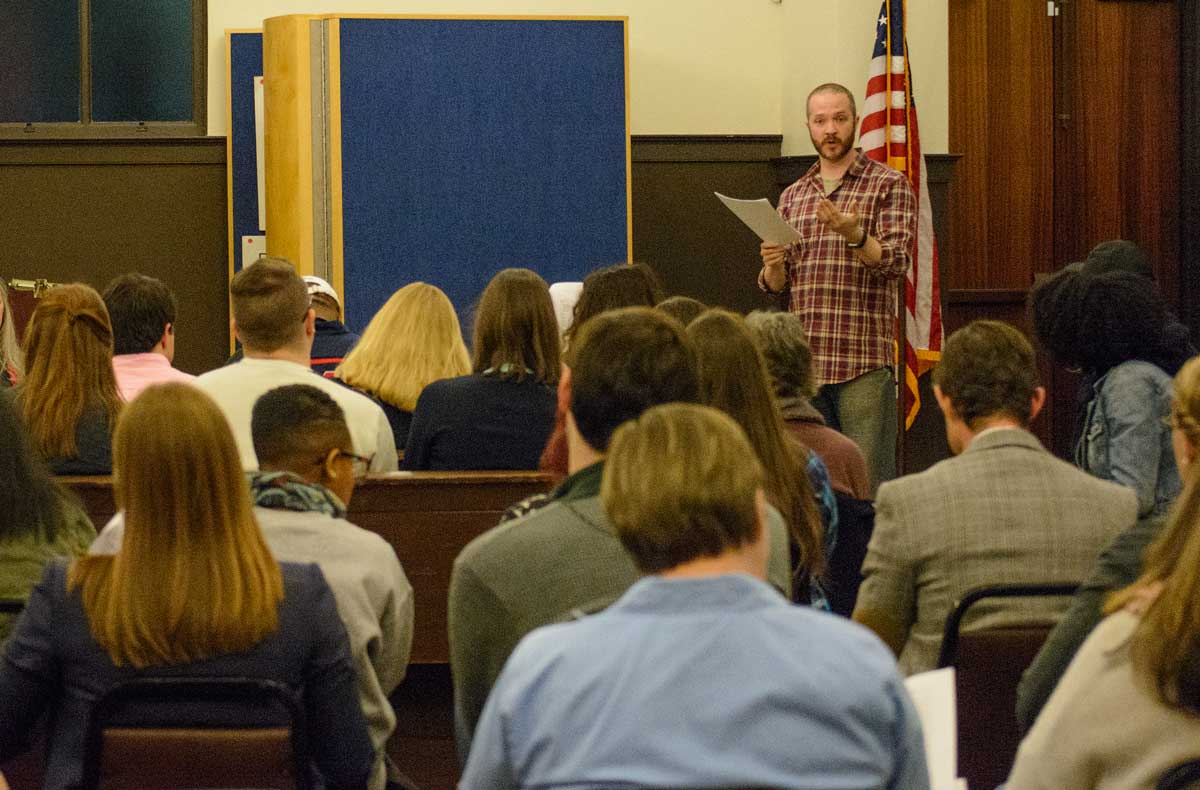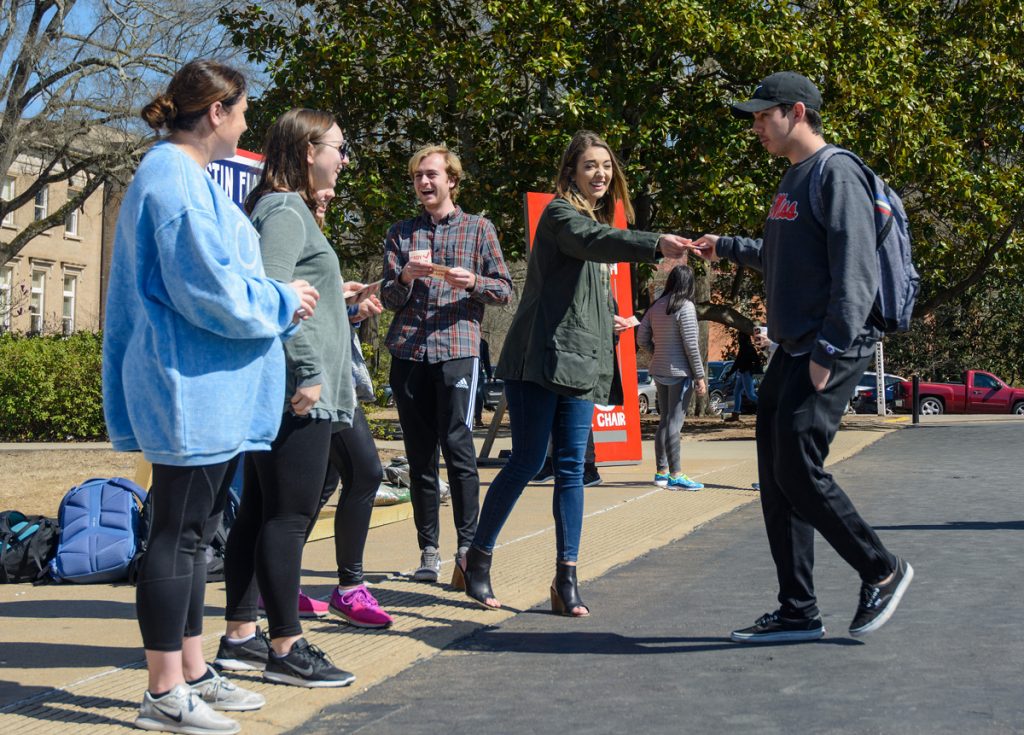As Ole Miss begins its few weeks of events celebrating Women’s History Month, the importance of educating the community on growing women’s issues becomes vital. Last night, a panel of local housing experts gathered in the Burns-Belfry Museum and Multicultural center to discuss the issue of affordable housing in the Lafayette Oxford University community.
Desiree Hensley, law professor specializing in property and housing law, led the panel of three speakers: Sherry Jenkins, freshman experience professor, Rebecca Marchiel, history professor and board member of LOU Home, and J.T. Thomas, sociology professor and also a board member of LOU Home.
Following Hensley’s introduction, Marchiel opened the event by sharing a brief history of gendered and racial discrimination in the 20th century housing industry.

Following the Great Depression, the government created federal agencies through the New Deal to reduce the size of monthly housing payments and make interest rates more stable.
“Female heads of household and people of color did not enjoy access to these benefits. Why? The assumption was that those households in those places were risky. This assumption blocked women and people of color out from affordable housing as early as the 1930s,” Marchiel said.
She said the modern implementation of algorithms to determine credit standing leading up to the 2008 financial crisis and beyond. At this point in time, the mindset of brokers allegedly changed.
“Brokers began to purposefully target women and people of color for predatory, subprime loans, which are more expensive and riskier forms of debt,” Marchiel said. “Affordable housing and fair access to credit clearly remains a feminist issue.”
While recognizing the importance of the history of this issue, Thomas took the floor to delve further into the modern statistics that prove the relevance of the affordable housing crisis as a women’s issue.
“Single moms in Lafayette county are over two-and-a-half times more likely to live in poverty than single dads,” Thomas said. “When we talk about poverty in relation to single parent households, we often make that about being a single parent. The reality, though, when you look at the data, is that this problem is about intersections of gender.”
In Thomas’ statistics, he said women employed full time in Lafayette county make approximately 76 percent of the yearly income that their male counterparts receive.
Within this pay gap between the genders, there also exists a disparity based on education attainment levels.
“On the county level, the typical man with a bachelor’s degree makes nearly as much as the typical woman with a graduate degree. This obviously matters when we think about whether or not someone can pay for their housing if they can even find an option here,” Thomas said.
Like her peers on the panel, Jenkins is a professor at Ole Miss, but she also works as a chairperson for Doors of Hope Transition Ministries, a local 501C3 organization that works directly to alleviate the issue of homelessness as caused by the affordable housing crisis.
“The agency opened in 2011 to work with families who have minor children,” Jenkins said. “We have a growing number of homeless people in this community, and that’s an issue we are trying to directly address.”
After each of the panelists had the opportunity to share their experience and knowledge in relation to the issue, Hensley shared several anecdotes of her clients to explain the cycle of poor housing.
“Today I get phone calls of people telling me that they can see the ground through their floorboards and that opossums and snakes regularly come into their houses,” she said. “I’m no longer surprised by that because that is the state in which the local housing crisis has left many many people.”
Hensley then turned to the audience and opened the floor for questions, which led to insightful commentary and suggested resolutions from those in attendance.
“In my experience in Oxford, living here for about six years, we don’t have enough of these spaces where people gather to have political conversations and culminate solutions to local issues. Hopefully this will be one of many more,” Thomas said.













